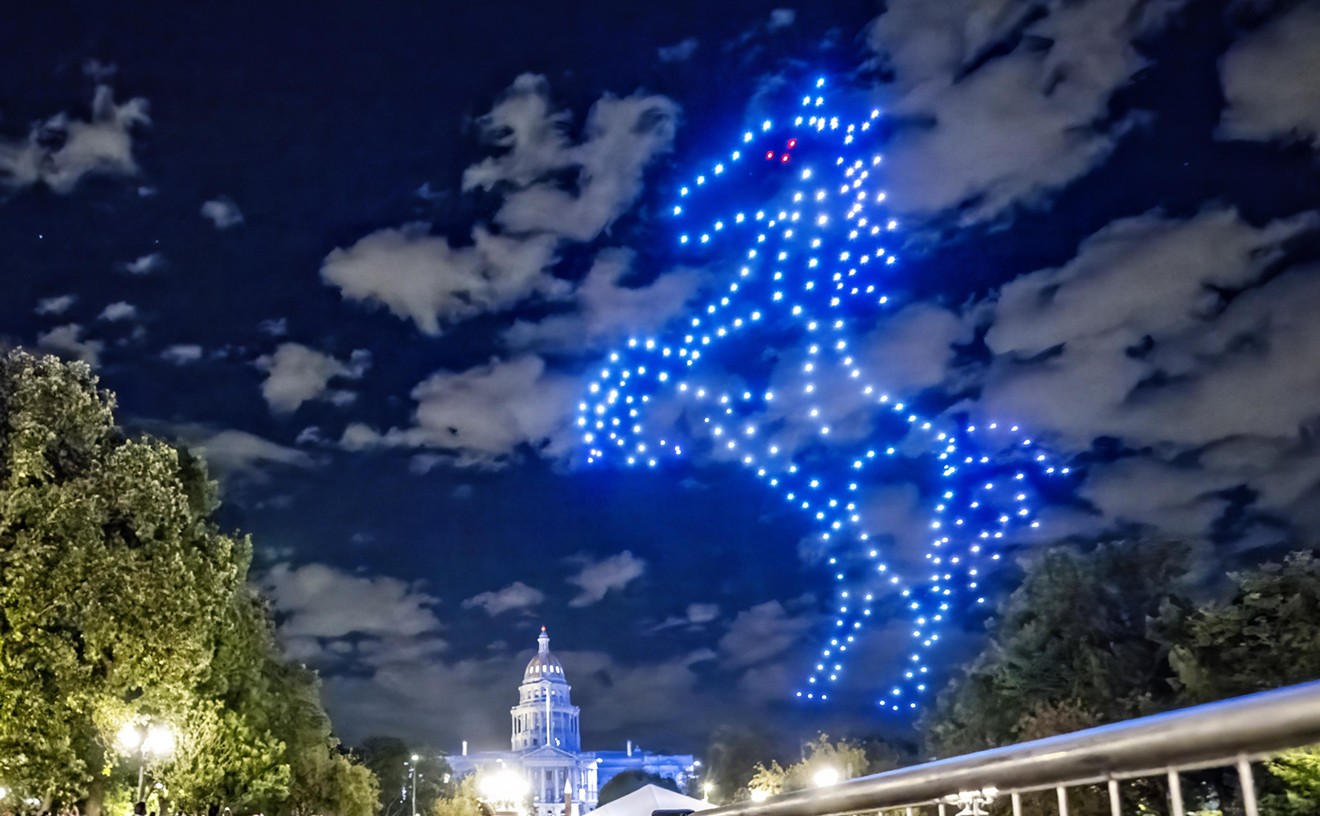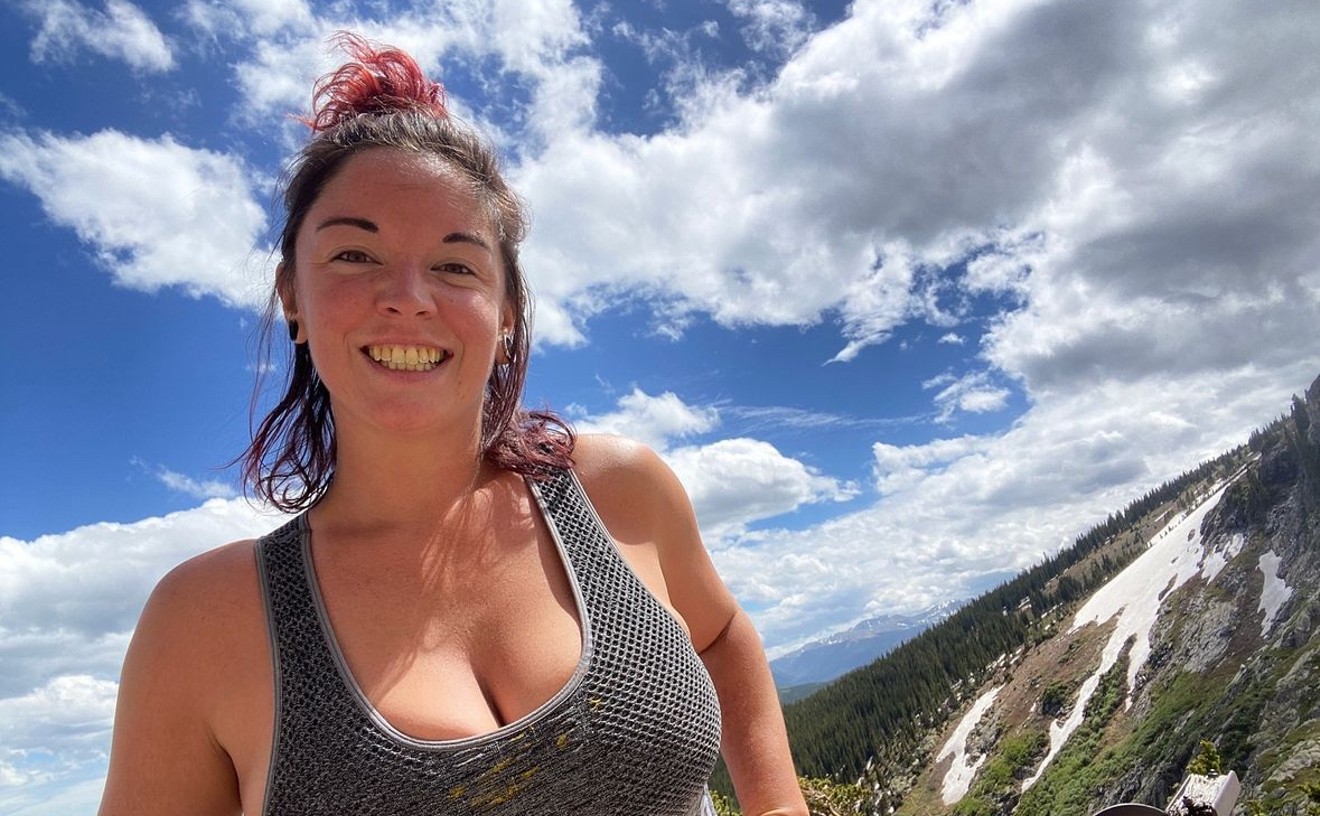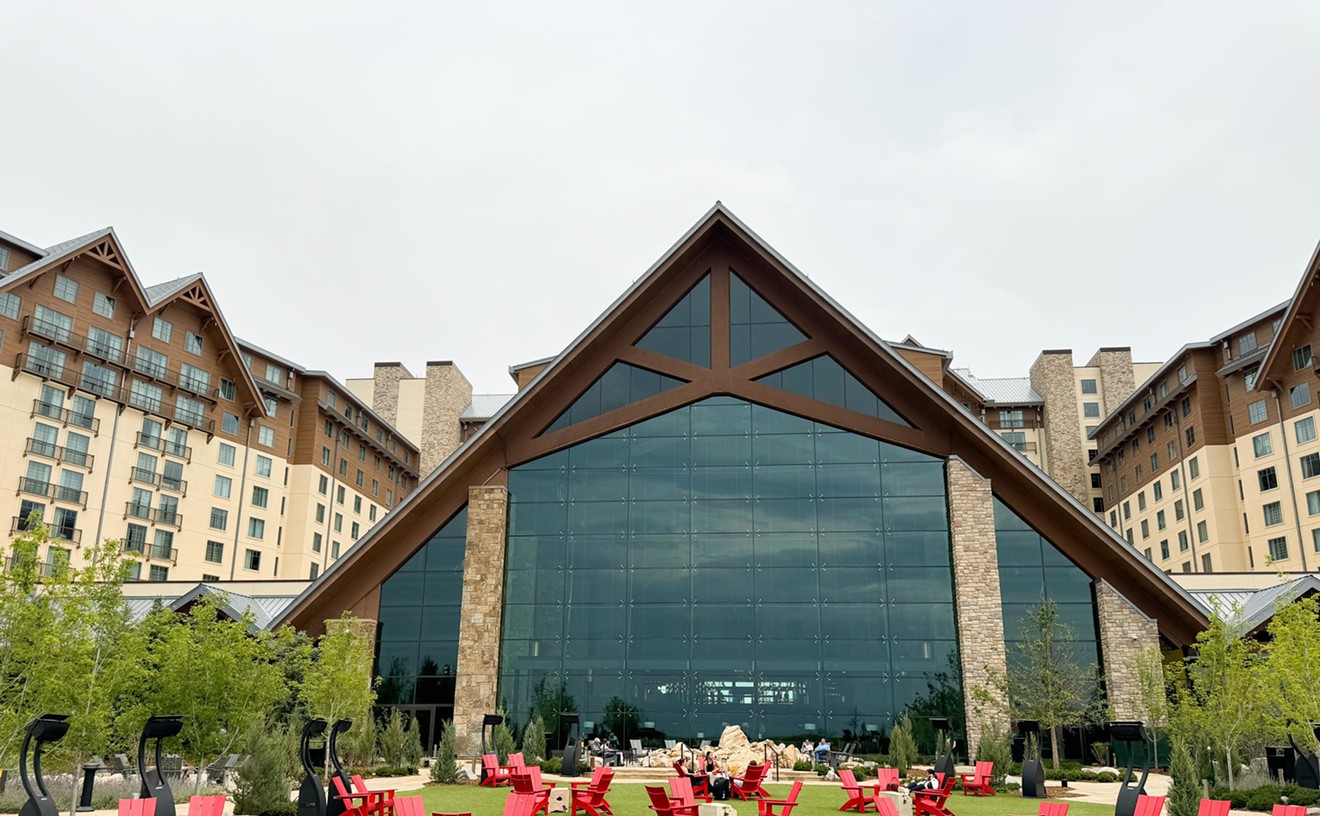"Look out, Haskell. It's real." — From Haskell Wexler's Medium Cool, 1969
For all but a small sliver of U.S. society, wars are just a distant rumbling. But for those who have experienced them — soldiers, journalists, refugees — they are devastating. The images engrave themselves indelibly on the brain and can rip apart the fabric of a life. This truth lies at the heart of Donald Margulies's searching and unsettling play Time Stands Still. The primary protagonists are two journalists who have covered some of the world's hottest war zones. Sarah, a photographer wounded by a roadside bomb in Iraq, has returned to the United States almost literally in pieces, both physical and emotional. Her long-term lover, James, is at their apartment to welcome her. A reporter, he left Iraq while Sarah was still in a hospital in Germany because of a breakdown of his own, and he is determined to bring her back to health. But Sarah is not an easy patient.
She has barely settled in when Richard, her photo editor, arrives, accompanied by his much younger girlfriend, Mandy. We know how Mandy will be received by the hard-boiled journalists as soon as we see the Mylar balloons she has brought and hear her babble about how they seemed a much better get-well gift than flowers, since flowers need tending and eventually wilt — though the balloons do shrivel up eventually, too. "I prayed for you," she assures Sarah, and Sarah can barely mask her contempt. But something happens when the two women look at the photographs on Sarah's laptop. At first Mandy finds them beautiful, but then she begins to weep over a shot of a mother with her horribly burned baby, and she wants to know why Sarah kept photographing rather than doing something to help. From there she segues into a description of a nature film she once saw in which a baby elephant was calling desperately for its mother, but the documentary makers left it to its fate. This speech ought to define Mandy as a complete ninny — how can you compare a nature documentary to the realities Sarah has been living? — but it doesn't, because she has touched a profound question.
Haskell Wexler tackled this question head-on in his fractured Medium Cool, a film that operates at the boundary between real life and the camera's depiction of life, mixing scripted scenes with footage from the 1968 Chicago riots. "Look out, Haskell. It's real" — a warning about tear gas shouted by a crew member — becomes an emblem of the entire enterprise. The movie's action begins with a TV cameraman played by Robert Forster discussing his responsibilities as both witness to and recorder of events. Toward the end, the woman he loves needs help and is desperately searching for him — but she can't find him because he's busy filming the anarchy in the streets.
In Time Stands Still, both Sarah and James wonder whether recording war scenes does any good or whether it's a kind of voyeurism, a commodification of human pain. And is Sarah's insistence on working in war zones nothing but a junkie's longing for the next adrenaline rush, or does it rise from a principled understanding that it's her duty to document suffering where it exists?
Despite the subject matter, Time Stands Still is not didactic. It's smart, multi-layered, absorbing and wryly funny, and the issues it raises are explored through the lives of four very real and interesting people. When Mandy talks about enjoying the beauty of everyday life, when Richard tells James how much he loves Mandy and why, you can't help being moved. And when Mandy tells Sarah that the age difference between her and Richard is irrelevant because she'll take care of him when he's "old and demented," you're torn between thinking she has no idea what she's talking about and thinking that if anyone could pull off a devoted, long-term marriage, it would be this warm young woman — precisely because of her refusal to let the outer world roil her inner peace. And in the light of her certainty, the spiky relationship between James and Sarah becomes even more fascinating.
Christy Montour-Larson has pulled off a set of casting coups, as she did when she directed Nine Circles and Red for Curious Theatre Company. In this production, Tara Falk — grave, powerful and passionate — holds the play's center as Sarah, and Michael Morgan, playing James, matches her for intensity. David Russell's Richard exudes humorous intelligence, and Devon James is a lovely, life-affirming Mandy.
Get ready: It's real.











